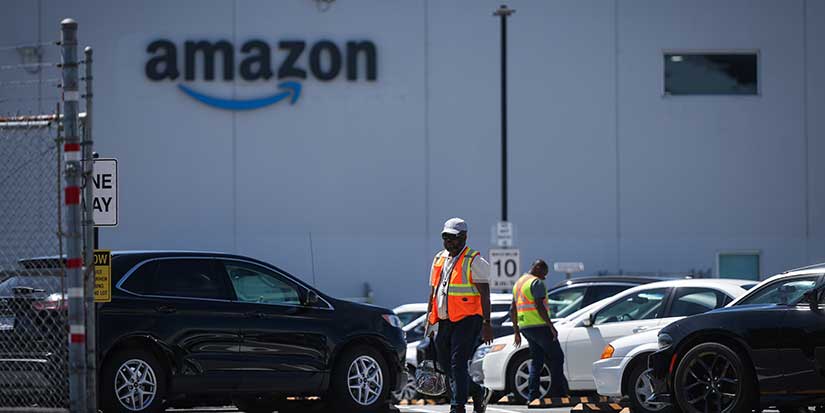Latest News
B.C. agriculture and food sectors continuing to grow

Published 10:53 PST, Fri February 11, 2022
—
Resiliency through the COVID-19 pandemic has become the hallmark of B.C.'s farmers, producers and processors. And the results are showing it, with 2020 revenues crossing $16 billion for the first time.
The combined revenues of $16.1 billion in 2020 were 3.3 per cent higher than the previous record of $15.6 billion in 2019. This led to 500 new jobs, increasing the total number of employees in farming, fishing and food production in B.C. to 68,200 in 2020.
"I am so proud of our farmers and producers who, against many odds, delivered record revenues in 2020," said Lana Popham, Minister of Agriculture, Food and Fisheries. "Our government has and will continue to support our farmers, fishers and food and beverage processors with programs that increase innovation, build consumer and institutional demand for B.C. products, and provide help in the face of the pandemic, weather-related events or market downturn. Their resiliency and ability to adapt their businesses are a testament to how strong this sector is, creating new jobs and opportunities, while putting food on the table for British Columbians."
The record numbers for 2020 include agriculture revenue exceeding $4 billion, seafood accounting for almost $1 billion and sales in processed food and beverages topping $11.1 billion.
"While the COVID-19 pandemic impacted some food and beverage processors negatively, it's heartening to see that overall, the industry continued to grow during a challenging year," said James Donaldson, chief executive officer of BC Food and Beverage. "This growth really speaks to the adaptability and innovation that our industry is known for, and I am glad to see it continue through such a difficult time for so many."
The province is committed to strengthening B.C.'s food system through the three economic pillars of Grow BC, Feed BC and Buy BC. This commitment includes helping more people get into farming, expanding local food production through the BC Food Hub Network, moving more locally grown and processed foods into hospitals and other public institutions, and making it easier for consumers to identify made-in-B.C. products.































